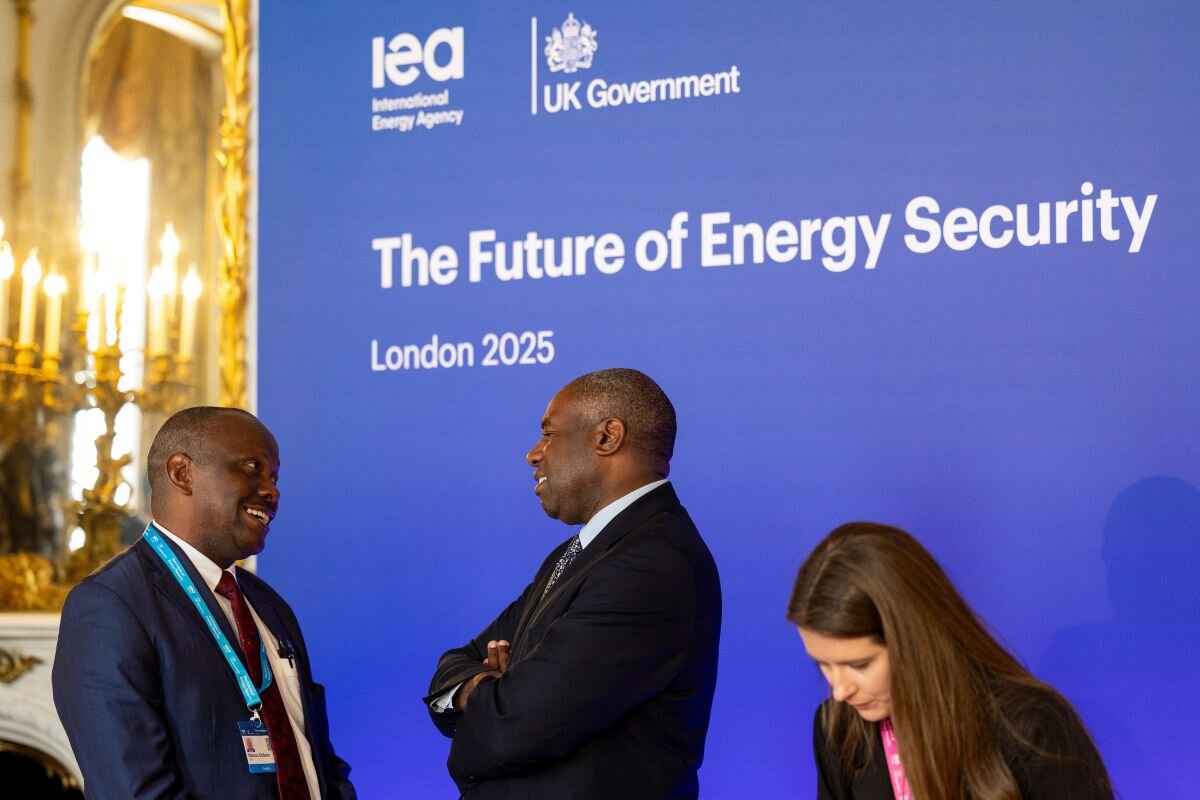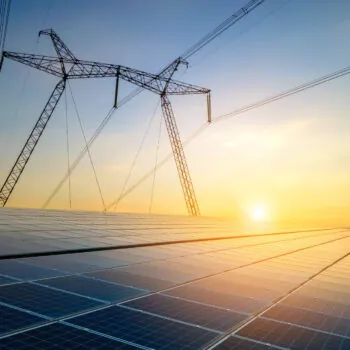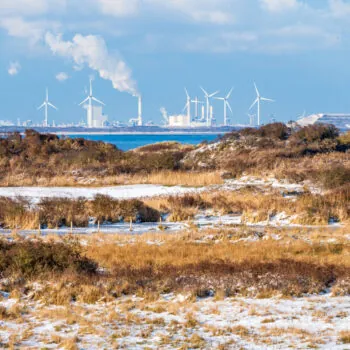- Despite geopolitical headwinds, nearly all countries in attendance reported clean energy and efficiency as key to security.
- Intensified EU-UK cooperation to support national and global energy security via the energy transition emerged as a noteworthy strand.
This week the IEA and UK government’s Summit on the Future of Energy Security brought together energy ministers, industry leaders and representatives from civil society in London for high-level discussions on the geopolitical, technological and economic dimensions of global energy security.
Despite a challenging geopolitical context, a clear message has emerged from the Summit: the majority of countries in attendance are committed to cooperating on how to deliver a global energy transition in the name of security, instead of questioning whether to transition at all. Delegates reaffirmed the vital role of the International Energy Agency (IEA) in fostering open, transparent international cooperation and emphasised the urgent need for strengthened global collaboration to scale low-carbon solutions – particularly in regions where energy access remains limited.
Collective determination to collaborate on a secure energy transition and to modernise the fossil fuel focused notion of energy security was highlighted, among others, by:
- The UK and the EU who reaffirmed their intention to collaborate more closely on the energy transition including via the UK led Global Clean Power Alliance and the EU led Global Energy Transition Forum, a topic to be picked up at the UK-EU summit on the 19 May.
- Plenary and breakout discussions highlighting new security risks such as climate impacts and the need to incorporate energy access more strongly into energy security. On oil and gas, the conclusions by the International Energy Forum Secretary General highlighted that “oil and gas must now account for the uncertainties in market design and demand outlooks introduced by the rising share of renewables in the energy mix”.
- In the margins of the summit, more than 130 businesses and business associations urged governments to prioritise renewables, efficiency, storage, and grid infrastructure in national energy plans, and a new global polling report revealed that 97% of business executives across 15 countries support a rapid transition to renewable power.
Quotes
Natasha Green, Programme Lead of the Global Energy Transition team said:
“This summit was touted as a possible lame duck given uncertainties over attendance and hyped tensions over fossil fuels beforehand. What happened instead, was the vast majority of countries showing a deep appetite to collaborate on pursuing a secure energy transition and turning to the IEA as a critical analyst and convenor in this endeavour. For the UK, this investment in international collaboration has paid off.”


